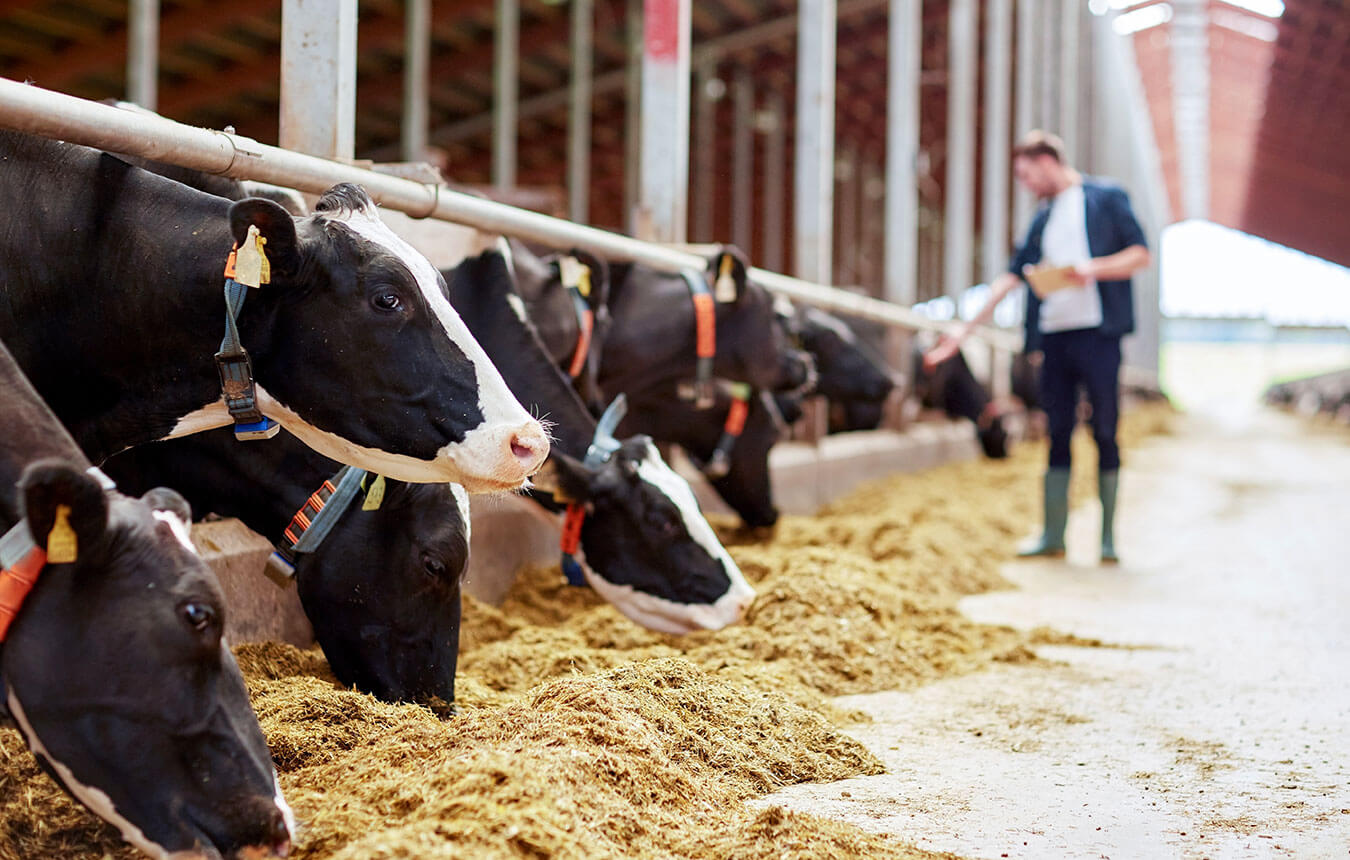
Concordia Seminary Newsroom
The vocation of service

by Dr. Joel Biermann
Living faithfully as a Christian simply means doing what God put you here to do. It’s not complicated, but for most of us, it’s usually altogether challenging. In other words, the problem is not in knowing what to do, but in doing what needs to be done.
Every believer is keenly aware that being right with God the Creator and the promise of eternal life in the re-created heavens and earth of Christ’s eschatological kingdom is not the reward of human effort. No person ever earns entrance into heaven — no human is able to achieve the required standard of perfect holiness. It is grace and grace alone that puts any of us into a right relationship with God. But the grace that God gives not only fits us for participation in the resurrection celebration on the last day; it also is a present reality in our routine and ordinary lives. God’s grace enables and equips us to live our lives today as God directs. This means that divine grace provides both the pardon we need to stand before Him and the power we need to live faithful lives in His world.
The content and direction of this faithful Christian life is not shrouded in a hazy mist of God’s secret counsel or dressed in “spiritual” ideas and actions that supposedly transcend and supersede the mundane stuff of this material world. No, a faithful Christian life is one that is engrossed in doing now what God wants done, and what God wants done is another way of saying, God’s will. God’s will, as the Book of Concord makes clear, is not hidden, mysterious or locked away; it is spelled out explicitly in the commands, direction and exhortation of God’s Law. All of this means that a faithful Christian life is one that is centered on keeping the Law of God. This is not legalistic. Keeping the Law doesn’t earn God’s favor, win His grace or ensure His blessing. Our striving to keep the Law is merely the outcome of God’s saving work. Keeping God’s Law is what it looks like when creatures are doing what they were created to do.
A faithful Christian life, then, is intent on keeping the Decalog but also attends to the fuller expression of God’s will that is laid out for us in the gospels and epistles of the New Testament. While striving to do God’s will as expressed in His Law is more than enough to keep every human occupied for a lifetime, the common, general direction of our Christian lives takes on exceedingly focused specificity in the context of our unique, individual vocations. None of us is given exactly the same tasks of another because none of us has exactly the same relationships with the same people as anyone else. Each of us, then, keeps God’s Law in the context of our own individual situations in life.
It is in the personal particulars of our individual lives that we find a remarkable degree of latitude in doing God’s Law as we each try to sort out how best to use the gifts, skills, talents and experiences given to us by God to best serve those around us. This is the sort of clarifying and evaluating that might lead a person to move from milking cows to learning to exegete a Psalm, to give up managing an insurance office to honing counseling skills, to shift from teaching geography to catechizing followers of Christ. All six of these activities easily fall within the parameters of keeping God’s will and each could be part of a faithful Christian life. Deciding which to do and when to do it is a function of recognizing the gifts and opportunities given by God in the context of our vocations.
This is the essence of living faithfully as a Christian: delighting in God’s grace received, and then delivering that grace to those around. There is no better or more delightful way for a child of God to live.
Dr. Joel Biermann is the Waldemar A. and June Schuette Professor of Systematic Theology at Concordia Seminary, St. Louis.